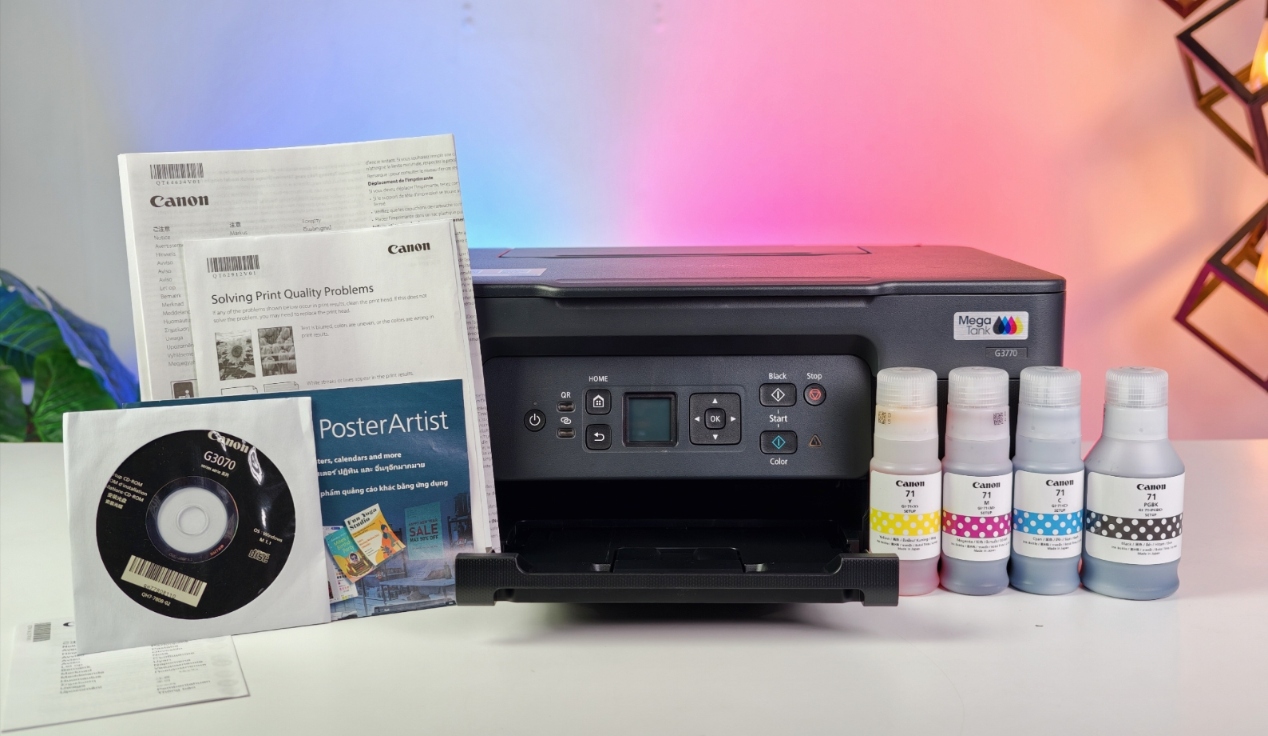Tata Consultancy Services (TCS), a longstanding name in IT services and consulting, has unveiled the next generation of its TCS ADD Risk Based Quality Management (RBQM) Platform. This upgraded version leans heavily on Artificial Intelligence and advanced analytics, giving pharmaceutical teams, MedTech companies, and research institutions a more proactive and somewhat smarter way to supervise clinical trials. The broader intention, at least as I read it, is to help make trials faster, safer for participants, and aligned with global compliance expectations.
For years, traditional methods of maintaining quality in clinical trials have struggled to keep pace with increasingly complex research environments. TCS is trying to address that gap directly. Rachna Malik, Global Head, TCS ADD, mentioned that the platform “reimagines” how clinical trials are monitored and managed. It encourages data-driven decisions, better allocation of resources, and ideally helps move life changing therapies to patients with fewer delays.
Key Takeaways
- The platform is designed as an end to end integrated solution for overseeing clinical trial quality.
- It uses AI, advanced analytics, and Machine Learning to monitor risks in real time.
- It aligns with major global regulatory guidelines like ICH E6(R2) and E6(R3).
- It introduces new modules such as the Risk Assessment and Categorization Tool (RACT), Quality Tolerance Limit (QTL), Clinical Trial Analytics, and Subject Data Analytics.
- Early adopters have seen a 30 percent improvement in trial monitoring efficiency and a 20 percent reduction in site monitoring costs.
Core Modules and Functionality
The updated version brings together four fully interoperable, user configurable modules. This setup seems intentionally flexible so different organizations can adapt it to a wide range of trial designs without reshaping their entire workflow.
Risk Assessment and Categorization Tool (RACT)
This module uses guided workflows to help maintain proper documentation and approval cycles. Everything stays aligned with industry standards, which is important in clinical research. It also allows teams to categorize and quantify potential risks at the protocol level, something that often sets the tone for the rest of the study.
Quality Tolerance Limit (QTL)
This is an AI supported statistical tool that sets study specific thresholds for variations in critical parameters. Whenever a limit is breached, the system sends automated alerts and offers drill down views to help teams investigate what actually caused the deviation. Having this kind of immediate visibility can be surprisingly useful for avoiding bigger downstream issues.
Clinical Trial Analytics
Powered by proprietary AI algorithms, this module identifies potential problems in real time. It gives teams the ability to intervene earlier than they might otherwise. It also offers in depth monitoring of trial progress and helps track site performance, which can support both centralized and on site oversight.
Subject Data Analytics
Here, AI driven patient profile risk scores and outlier detection help ensure safer and more consistent outcomes. With centralized statistical monitoring and timely alerts for data reviewers, this module aims to improve patient safety and data integrity. I think this is an area where even small improvements can make a meaningful difference.
Across the platform, Quality by Design principles guide how risks are connected to monitoring priorities and to real time data signals coming from the ongoing study. This shift from a reactive outlook to a predictive model is becoming more essential as drug development timelines tighten.
Proven Impact on Trial Outcomes
The value of the TCS ADD RBQM Platform is already visible in real world use. One of the top three global pharmaceutical companies reported a 30 percent boost in monitoring efficiency along with a 20 percent reduction in site monitoring expenses. So far, the platform has been used to de risk more than 1,300 studies across over 32,000 sites, with more than 30,000 users worldwide.
By reducing data complexity and creating a more connected digital environment for life sciences teams, the TCS ADD suite continues to support faster and more informed drug development efforts.
Frequently Asked Questions
Q1: What is Risk Based Quality Management (RBQM)?
A1: RBQM is a structured approach to quality oversight in clinical trials. Instead of reviewing every data point, it focuses on risks that are most likely to impact patient safety or the reliability of trial outcomes. This approach is aligned with major global guidelines, including ICH E6(R2).
Q2: How does AI improve clinical trial monitoring?
A2: AI, Machine Learning, and advanced analytics can process vast amounts of trial data in real time. They identify anomalies, trends, or signals that human reviewers may overlook. This leads to more proactive decision making, improved data quality, and more efficient resource use, including fewer unnecessary site visits.
Q3: What does ICH E6(R2) refer to?
A3: ICH E6(R2) is an addendum to the International Council for Harmonisation guideline for Good Clinical Practice. It establishes expectations for sponsors to implement structured quality management systems and risk based approaches throughout clinical trials.
Q4: Who uses the TCS ADD RBQM Platform?
A4: The platform is suited for pharmaceutical and MedTech companies, personal care sponsors, Clinical Research Organizations, and academic research institutions.


















